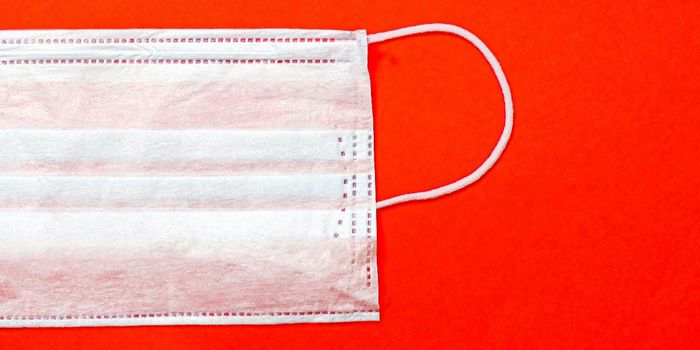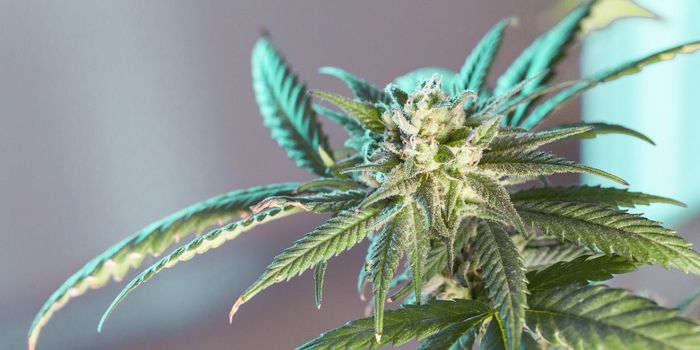Psychosis
Psychosis: When you lose touch with reality and see, hear, or believe things that aren’t real, doctors call that psychosis. You may have delusions. That means you hold on to untrue or strange beliefs. You might also have hallucinations. That’s when you imagine you hear or see something that doesn’t exist. Psychosis is a symptom, not an illness. A mental or physical illness, substance abuse, or extreme stress or trauma can cause it. Psychotic disorders, like schizophrenia, are mental illnesses that involve psychosis that usually happens for the first time in the late teen years or early adulthood. Young people are especially vulnerable for reasons doctors don’t fully understand. Even before the first episode psychosis (FEP), they may also show subtle signs of behavioral changes. This is called the prodromal period and could last days, weeks, months.or even years.
What's Popular in Psychosis
-
FEB 03, 2026Drug Discovery & DevelopmentTrazodone is linked to better outcomes among older adults hospitalized with delirium than commonly used antipsychotic me ...Written By: Annie LennonJAN 06, 2026Drug Discovery & DevelopmentNew research suggests that the commonly-prescribed antiviral drug, oseltamivir, marketed as 'Tamiflu', does not cause se ...Written By: Annie LennonDEC 08, 2025NeuroscienceDrinking four or fewer cups of coffee per day is linked to having longer telomeres, which may indicate slower biological ...Written By: Annie LennonOCT 20, 2025NeuroscienceSkin conditions such as rashes or itching among those with their first psychotic episode may serve as early warning sign ...Written By: Annie LennonAUG 28, 2025Cannabis SciencesHigh-concentration THC products are linked to unfavourable mental health outcomes like psychosis, schizophrenia, and can ...Written By: Annie Lennon
-
Natural Language Processing is experiencing a phenomenal capabilities acceleration since the introduction of Large Language Models (LLMs). This success stems in part from the ability to inge...























